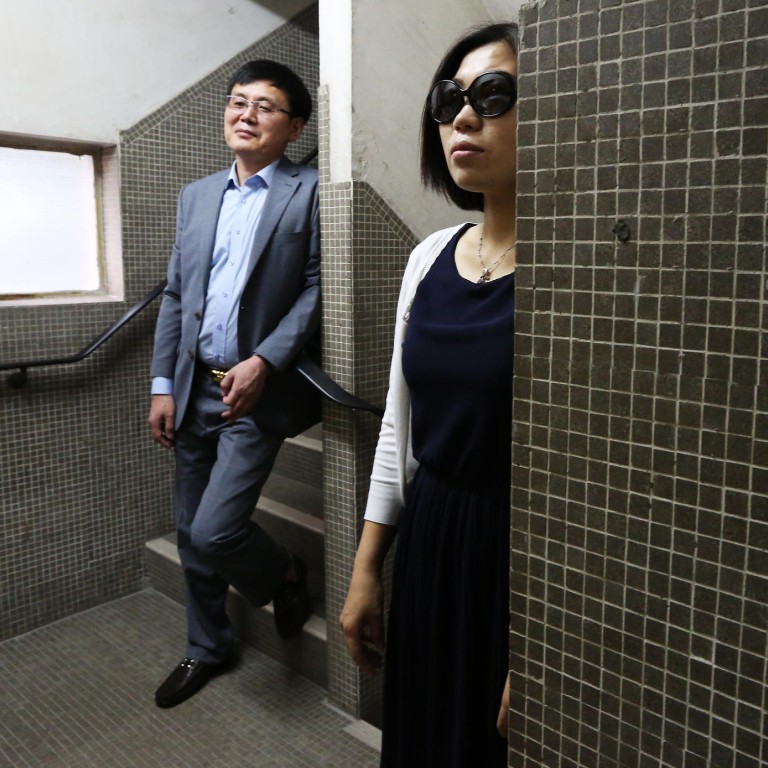
North Korea Human Rights Film Festival offers tales of horror, heroism
Businessman Jung Gwang-il was part of North Korea's elite. The Chinese-born Korean graduated from a military school and was granted rare admission to the secretive state's ruling party.
Businessman Jung Gwang-il was part of North Korea's elite. The Chinese-born Korean graduated from a military school and was granted rare admission to the secretive state's ruling party.
His acumen brought him an award from late dictator Kim Jong-il for earning much-needed foreign currency from China. But his fortune was no protection against a devastating accusation: that he was a South Korean spy.
His life turned upside down, Jung suffered months of torture and three years in prison. But not only did he flee the brutal dictatorship, he helped 470 of his fellow North Koreans escape.
"They said I was a spy. So I went on to do more damage than a spy," Jung said during a visit to the North Korea Human Rights Film Festival at City University.
Born in Jilin in 1963, he flex with his family to North Korea to escape the turbulence of the Cultural Revolution when he was seven. All went well until 1999, when North Korean authorities accused him of associating with the enemy by doing business with South Koreans.
"They said I told the enemy about the famine in North Korea," he said.
He refuted the accusations, but faced brutal torture. One type was called "pigeon", in which he was hung upside down with his hands cuffed at the back. This happened several times a week.
After 10 months, he confessed and was sent to a political prison, where he was subjected to hard labour and "re-education".
After his release, he escaped to China, where his business connections helped him avoid repatriation. He offered defectors the chance to leave through China for Vietnam for just 500 yuan - "barely enough to cover transportation". Jung followed them to South Korea in 2003.
Another guest at the film festival was Ji Hyeon-a, a fellow defector who was repatriated from China three times, before making it out on her fourth attempt.
She told of how, after crossing the border for the second time in 1998 at the age of 19, she was caught by police. She expected to be sent back to North Korea. Instead, she believes she narrowly avoided falling victim to human trafficking.
"I was worried that I would be repatriated, but then I sensed something was not right. There were men waiting for me in a car, and I refused to go in, screaming. Luckily the family I stayed with came looking for me at the police station," she recalled.
Reports from China say North Korean women are often sold to men who cannot find wives due to the huge gender imbalance as a result of the one-child policy. Younger women sell for up to 30,000 yuan.
The policy of repatriating defectors means they have little protection, and defectors say police collude with traffickers.
"At school in North Korea, I learnt that communist countries are the best and capitalism is the worst. The communism I experienced in China was nothing like that. Money moves everything … even people," Ji said.
She called on China to stop repatriating defectors: "China went through the Cultural Revolution. It knows how bad things can be. It can't be called a great country sending people back."
Besides sessions with North Korean defectors, the three-day festival features screenings of three films on human rights in North Korea: ; ; and . It ends today.
